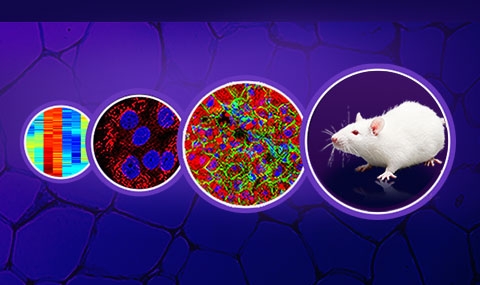Wild type and mutant p53
The p53 transcription factor is the most frequently mutated tumor suppressor gene in human cancer. In approximately 50% of human cancers p53 is mutated and in many of the remaining cases, the function of the retained wild type p53 protein is compromised. p53 knockout mice develop tumors with short latency and 100% penetrance. These observations demonstrate the critical role of p53 in tumor prevention.





